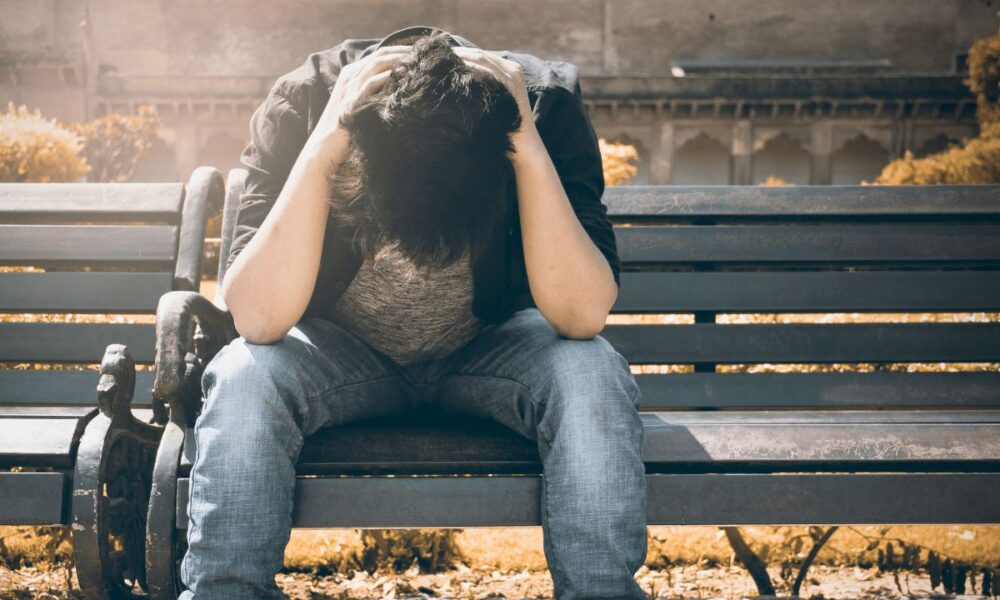A new study conducted by UT Southwestern shows that kids from low-income families in Texas aren’t getting the chances they need to receive proper treatment for depression and suicidal thoughts.
Exports now say that the lack of treatment opportunities for these kids is putting their lives at risk.
The study itself, part of the Texas Youth Depression and Suicide Research Network, looked at treatment data for 646 young people between the ages of 8 and 20. Researchers at UTS found that wealthier families were far more likely to get their kids both talk therapy and medication, a combination that doctors say works best to fight clinical depression.
According to the report, children from families earning less than $25,000 a year were more than three times as likely to get only medication compared to kids whose families earned over $200,000.
Additionally, just 9% of low-income youth received a combination of treatments, compared to 18% of their wealthier peers.
“Combination treatment is the recommended option for moderate to severe depression in youth, as it targets both biological and psychological aspects of the disorder,” said senior author Dr. Madhukar Trivedi. “When youth cannot access this treatment, often due to financial or geographic barriers, they may receive care that is less effective, increasing the risk for persistent depression and suicidal behavior.”
The study also found no major differences in treatment based on race or gender.
Instead, income level was the main factor in whether a child received full care.
To help close the gap, UT Southwestern is promoting a new telehealth program called Activ8, which gives teens virtual access to behavioral therapy. UTS claims its goal is to make it easier for families, especially those in rural or underserved areas, to get real help for their kids without additional travel costs or other expenses.
“Activ8 is a behavioral activation telehealth program for teens that reduces time, financial, and geographic/transportation barriers to care,” Trivedi said.
The researchers hope their findings will push state leaders, health systems, and insurers to remove the financial roadblocks keeping many Texas children from getting the care they need.
“These findings reinforce the importance of integrating both psychotherapy and pharmacotherapy into the treatment of depression in youth based on youth and caregiver preferences. They also highlight the need to remove financial barriers to accessing combination treatment, which could lead to better patient outcomes and reduced suicide risk,” Trivedi added.
For perspective:
According to the Texas Youth Depression and Suicide Network, over 21% of high school kids in Texas reported having “serious thoughts” of suicide in 2023.


